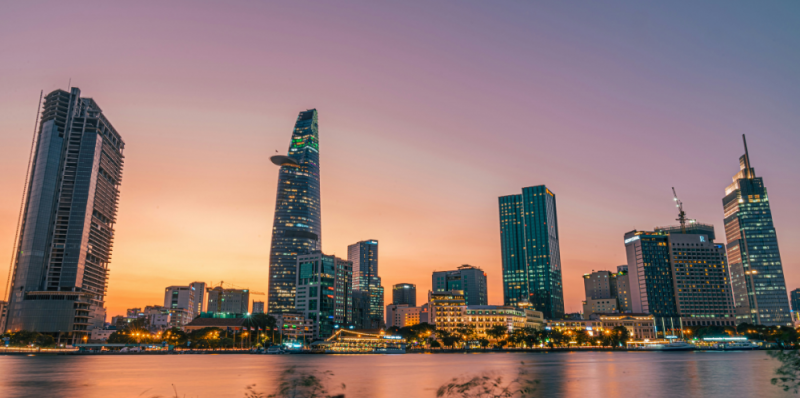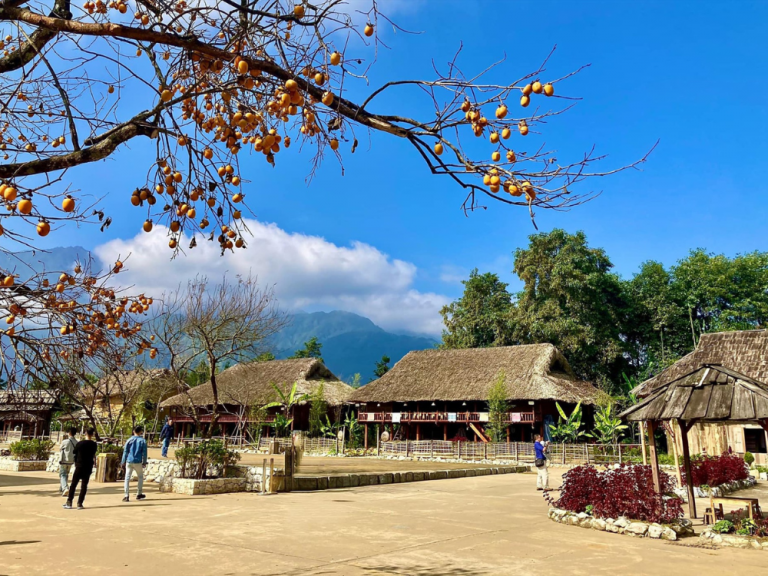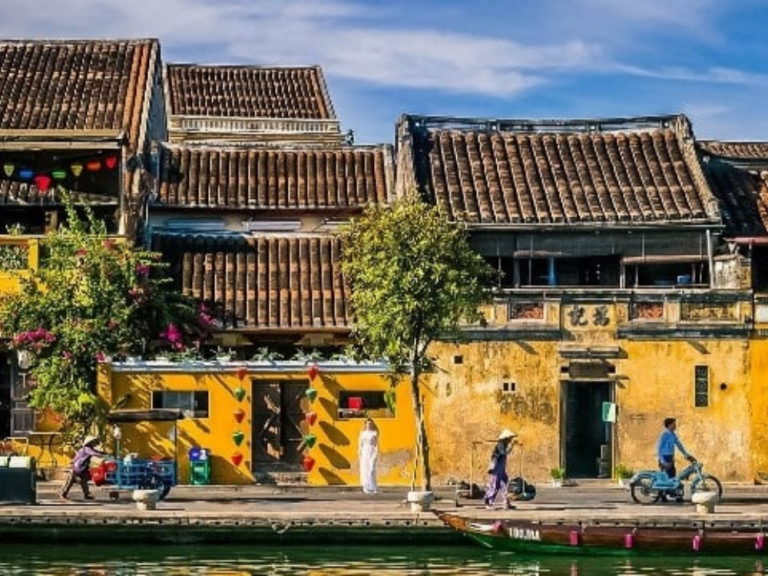So you’re ready to pack your bags and head to the other side of the world? Welcome to Vietnam, a land of ancient traditions, vibrant cities, and breathtaking natural beauty. From the moment you arrive, you’ll be captivated by the country’s rich culture, the mouth-watering flavors of its cuisine, and the warmth of its people.
But beyond the adventure, Vietnam is also a thriving hub for English as a Second Language (ESL), making it the perfect destination for new and experienced educators looking for a rewarding career and an incredible life abroad. The demand for qualified English teachers is at an all-time high, offering you a unique opportunity to make a real impact while enjoying a high quality of life. Keep reading for insights on:
- Financial benefits of living in Vietnam
- What to expect when you land
- Some tips on how to help everything go smoothly.
Table of Contents
1. Why Teach English in Vietnam?
Financial Freedom and Saving Potential
One of the most compelling reasons to teach in Vietnam is the remarkable financial freedom it offers. While salaries are highly competitive, the true benefit lies in the incredibly low cost of living. A comfortable lifestyle in Vietnam is surprisingly affordable, allowing you to save a significant portion of your income.
Your earning potential depends on the type of school you work for:
- Public Schools: Salaries typically range from $1,450 to $2,000 per month. These roles offer a stable weekday schedule and paid national holidays.
- Private Language Centers: Expect to earn between $1,100 and $1,750 per month. These positions often have evening and weekend hours, making them great for first-time teachers.
- International Schools: This is where you’ll find the highest salaries, ranging from $1,900 to $2,300+ per month, along with top-tier benefits like health insurance and flight reimbursement. These positions are often highly competitive and require prior experience.
You can find more about your potential earnings on our Average Income blog post.
With a monthly salary, you can easily cover your expenses and still save money. Many teachers report saving anywhere from $500 to over $1,000 per month.
Basic expenses like rent, food, and transportation are a fraction of the cost you would find in Western countries. A delicious bowl of phở or a ride on a motorbike taxi can be just a couple of dollars.
While other countries like South Korea and Japan may offer higher salaries, Vietnam’s low cost of living often translates into a higher quality of life and better savings potential. In Vietnam, your salary goes much further, allowing you to not only live comfortably but also to travel extensively and pursue your passions.
Learn more about stretching your salary on our Cost of Living blog post.
Unbeatable Travel Opportunities
Teaching in Vietnam isn’t just a job; it’s a launchpad for incredible travel. The country itself is a treasure trove of diverse landscapes. You can spend your weekends exploring the bustling streets of Hanoi or Ho Chi Minh City, which are both rapidly growing into international hot spots.
For those who enjoy getting out of the city, take some time to check out these areas with their unique attractions:
- Lao Cai Province: Sapa – Enjoy trekking through rice terraces and visiting ethnic minority villages in the cooling mountain air. There are multiday treks and more developed tourism infrastructure, like homestays and guided routes.
- Ha Giang Loop (Ha Giang Province) – Explore remote mountainous scenery on the karst plateau, with high passes like Ma Pi Leng, small villages, and wild landscapes. Good for road trips, hiking / walking, and cultural immersion.
- Phong Nha-Ke Bàng National Park (Quang Binh Province) – Adventure through the jungle and find large caves (e.g. Paradise Cave, Hang En, Son Doong), rivers while trekking in the wilderness
- Quang Nam Province – Multiple camping & hiking spots: e.g. Que Peak (cloud-hunting), wild camping by waterfalls, Cham Islands for beaches + snorkelling, etc. Good mix of nature & coast.
- Ha Long Bay – Junk boat tours and sea kayak expeditions take visitors past islands in its emerald waters with thousands of towering limestone islands topped by rainforests.
- Phu Quoc Island (Kien Giang Province) – A large island full of beaches (Long Beach, Bai Sao, etc.), coastal relaxation, water sports, and more. Favoured by expats for island escape, it is primarily resort-style but also has quieter parts.
- Nha Trang, Khanh Hoa Province – A classic beach city with a beautiful bay, diving/snorkelling, islands nearby, and decent infrastructure. Find a good balance between beach life and services.
- Dong Nai Province – Cat Tien National Park is part of the wet tropical forest complex and one of the specious natural forests remaining in Vietnam. The diversity of the Park has been recognized by WWF for its well-known biological diversity.
- Binh Thuan / Phan Thiet / Mui Ne – Famous for dunes, beaches, wind/kite surfing, sea views & relaxed coastal vibe. Camping is possible in more remote beach sections.

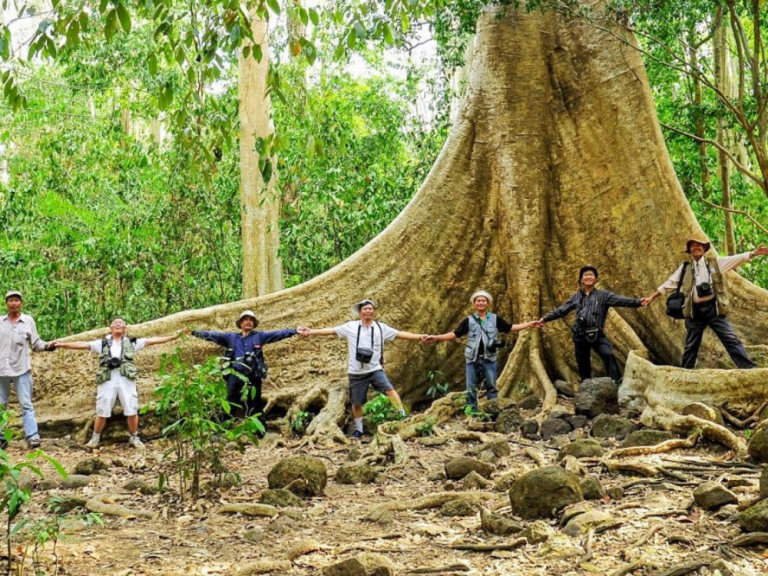





Vietnam’s central location also makes it an ideal base for exploring the rest of Southeast Asia. Weekend trips to Thailand, Cambodia, Laos, or even longer holidays to Malaysia and Indonesia are just a short and affordable flight away.
2. Relocation Tips: Your First Steps to Vietnam
When you’re getting ready to go abroad, the logistics of it all can seem overwhelming. Read on for some guidance on making sure your documentation is ready to go, and what to expect for your first few days in-country.
Pre-Arrival Preparation
Getting your ducks in a row before you leave can save you a lot of hassle. To legally teach English in Vietnam, you’ll need a work permit, which is sponsored by your employer. The requirements generally include:
- A Bachelor’s Degree: This can be in any field from an accredited institution.
- A TEFL/TESOL Certificate: A 120-hour certificate is a common requirement.
- A Clean Criminal Background Check: This document must be legalized in your home country.
- Health Check: This is typically completed in Vietnam at a designated hospital.
Most schools will assist you with the work permit application process. It’s often recommended to secure a job offer before arriving, as your employer will guide you through the visa process, which may involve getting a business visa that is later converted into a work permit. Make sure to legalize your degree and criminal background check in your home country before you leave.
Your First Day in the City
Upon landing, arrange for a pre-booked airport pickup with your school or a reliable service like Grab to avoid any initial stress. Your first priorities should be getting a local SIM card to stay connected and setting up the Grab app, which is essential for getting around.
Take some time to settle into a temporary accommodation and explore your new neighborhood. This initial period is all about adjusting to the rhythm of Vietnamese life.


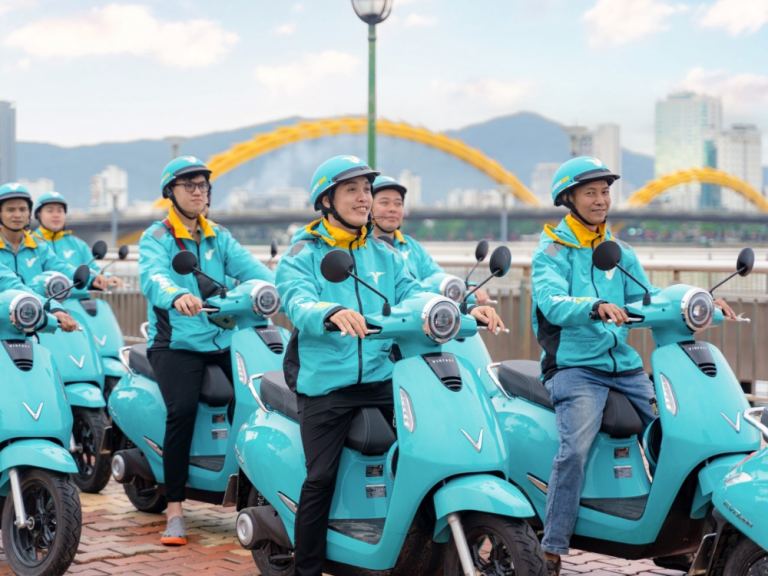





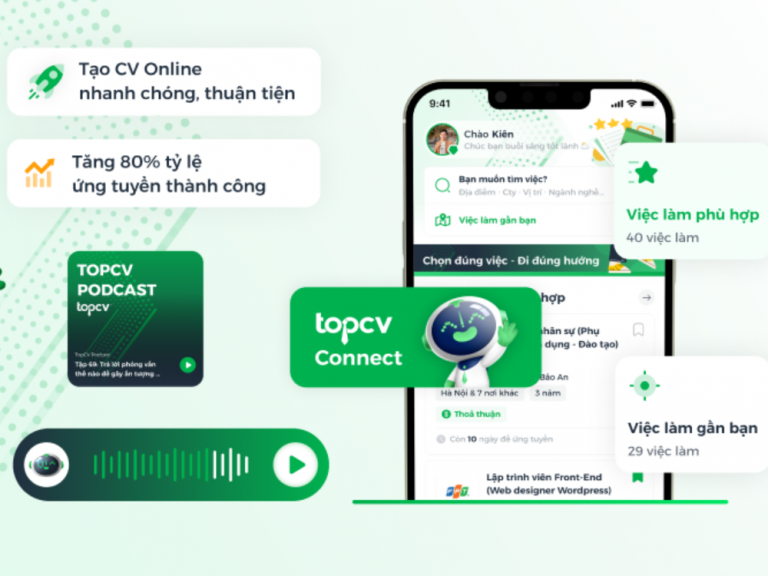
Finding Your Community
Connecting with other expats is key to a smooth transition after your relocation to Vietnam. Facebook groups are an invaluable resource for this. You can find a wealth of information and make new friends by joining groups like “Hanoi/Ho Chi Minh City ESL Teachers” or “Expats living in Ho Chi Minh.”
These groups are fantastic for finding job leads, housing tips, and simply connecting with people who understand what you’re going through.
3. Packing and Travel: A Checklist for Success
Clothing for a Tropical Climate
Vietnam has a tropical climate with two distinct seasons: wet and dry. The country generally has a dry season from November to April and a wet season from May to October.
Pack light, breathable clothes made from natural fabrics like cotton and linen. You’ll want shorts, t-shirts, and sandals for everyday wear. A good-quality, lightweight rain jacket is a must, especially during the wet season.
Teacher-Wear
While many language centers have a business casual dress code, it’s a good idea to pack a few professional outfits:
- For men, bring a few pairs of slacks, some button-down shirts, a belt, a tie, and dress shoes.
- For women, conservative blouses and skirts or dresses are a good choice.
Comfort is key, so make sure your professional shoes are also suitable for walking and commuting. Shopping malls are ubiquitous in HCMC so replacements are readily available.
The Ultimate Relocation Checklist
- Passport: Ensure it has at least six months of validity.
- Visa and Work Permit Documents: Keep copies of everything in both digital and physical formats.
- Power Adapter and Converter: Vietnam uses a different plug type (A, C, and G) and a 220V voltage.
- Personal Medications and First-Aid Kit: Bring a supply of any essential prescription medications you need.
- Comfortable Walking Shoes: You will be doing a lot of walking.
- A Camera: To capture all the incredible memories you'll make.
4. Travel Tips
The key to a successful journey is to embrace a flexible and open-minded attitude from the start. The best way to experience Vietnam is to fully immerse yourself in the local culture, which means stepping outside your comfort zone.
Don’t be afraid to try delicious street food from a roadside vendor or to practice a few words of Vietnamese with a local—it’s how you’ll truly connect with the country.
When it comes to getting around, Grab is your best friend for navigating the cities, and always remember that a little friendly bargaining is a common and accepted practice in local markets. Enjoy every moment of the journey, and prepare for an incredible new chapter of your life!
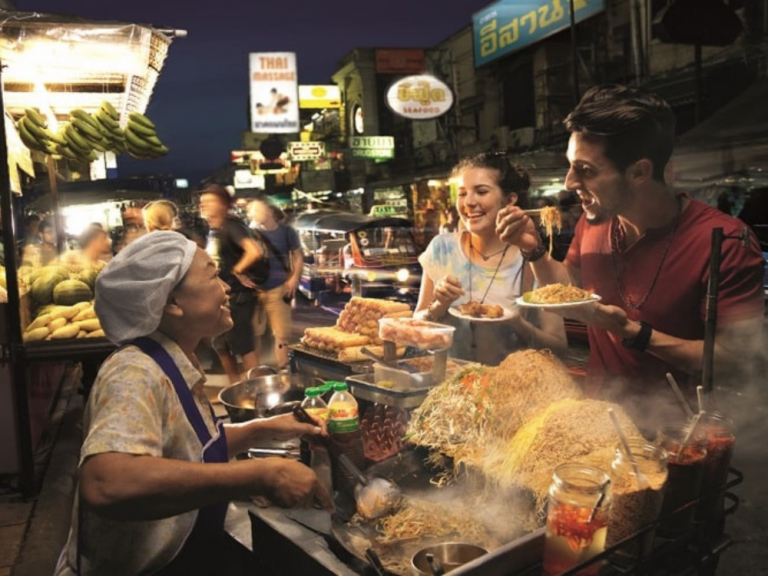
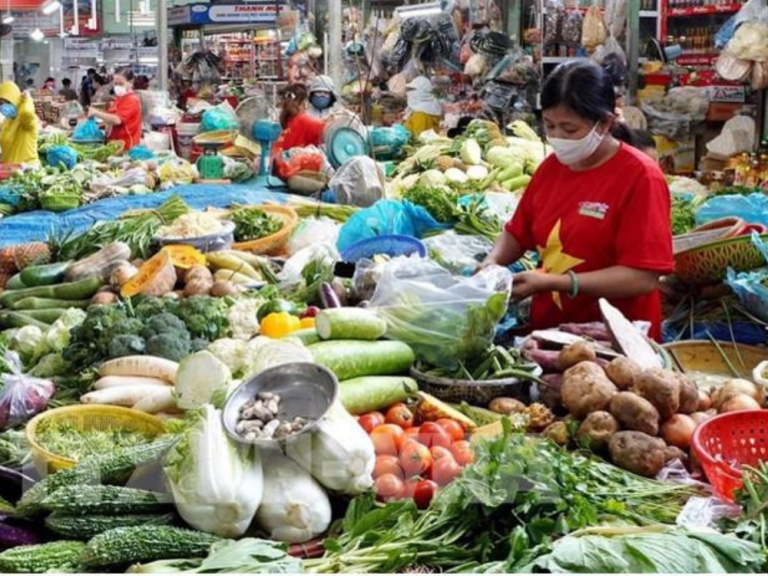

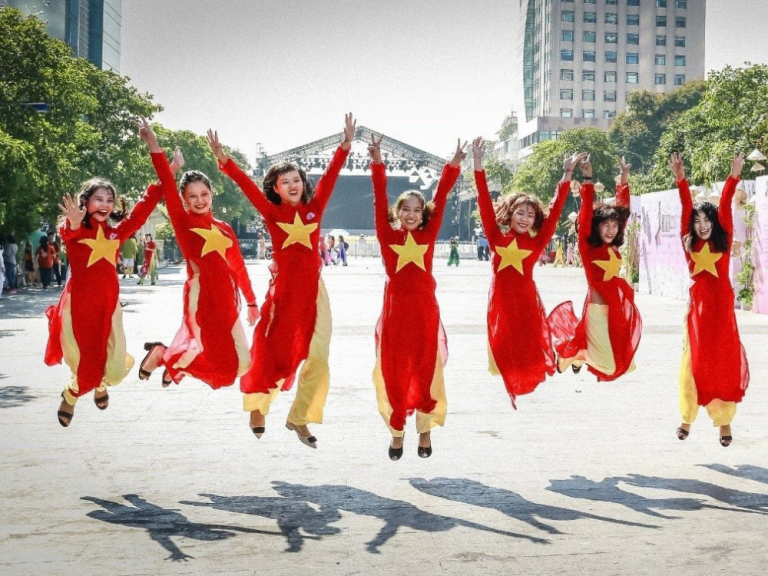
VUS understands that starting a new chapter abroad can be challenging, so we’re here to help with your relocation to Vietnam in a number of different ways.
Among these challenges, ensuring your legal documents and visa are in order is our top priority, and that’s where our Work Permit Team comes in.
Our Work Permit Team will help guide you through the whole process of authenticating your documents and getting them ready for the work permit application. You will work with the same team member through the whole thing, so you don’t have to worry about your case being lost. We will also make sure that you get the right visa to start teaching with us as soon as possible.
If you’re interested in heading out into Vietnam’s provinces but aren’t quite confident about being able to get settled in, then the VUS Buddy Program has got you covered!
Our local teacher/guide will show you around your new home. They will show you all of the important places, like banks, hospitals, and supermarkets, as well as share some fun things to do, like a trip to the nearby lake for a BBQ.
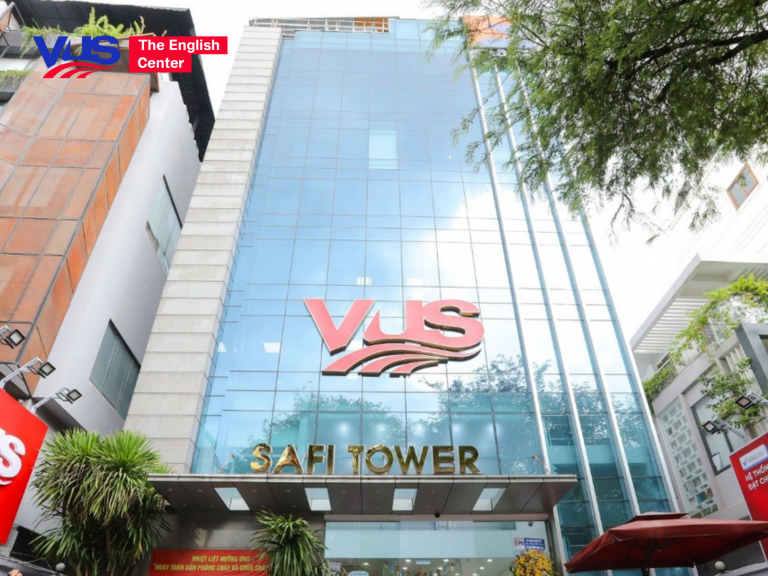
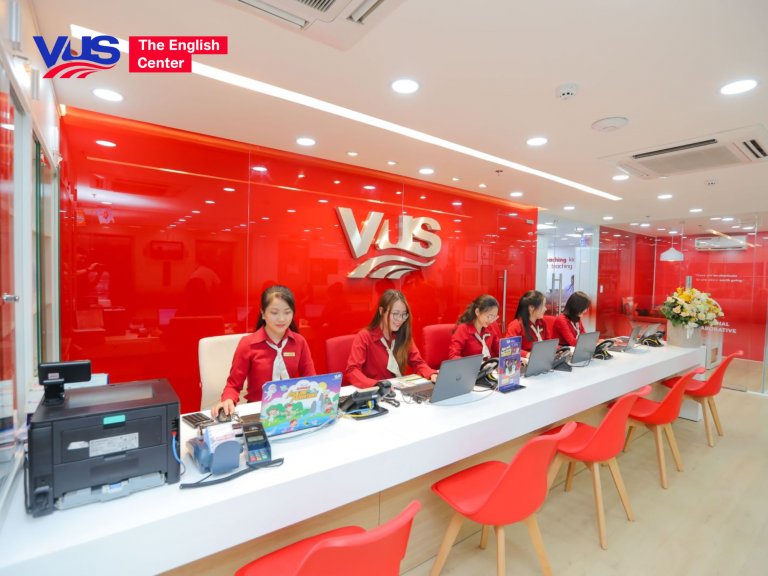
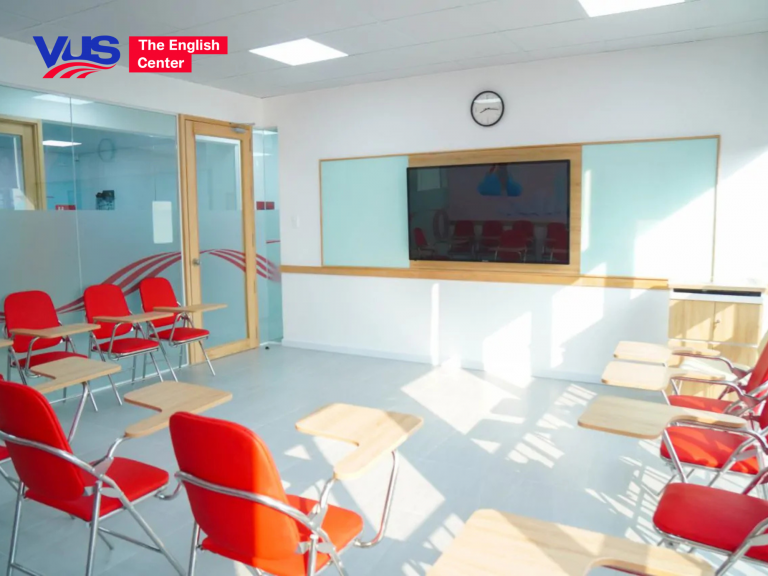
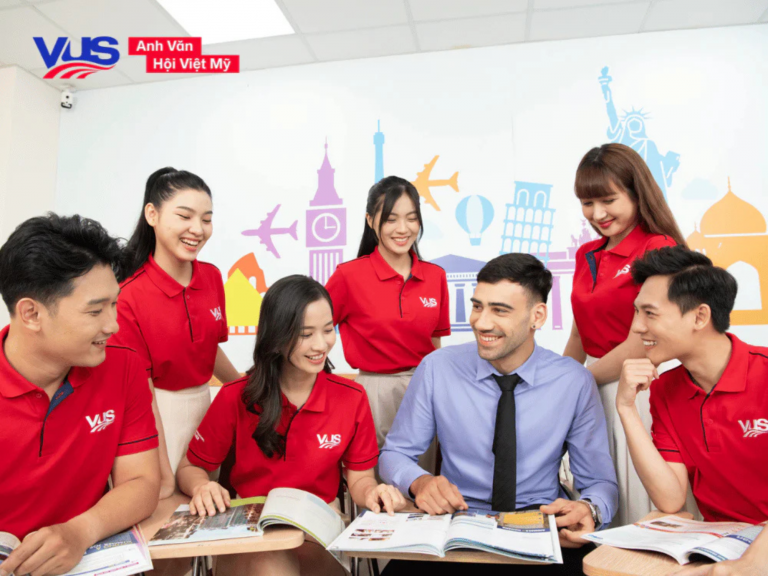


On the professional side of things, VUS wants to help you succeed as a teacher.
- We have a thorough induction program to make sure you’re familiar and comfortable with our classes and programs.
- Our Teacher Room is well stocked with resources for you to use in the classroom.
- Our TQMs (Teaching Quality Managers) are there to support you with any questions you may have about life in the classroom.
- Every campus is modern and well-equipped with top facilities and support teams.
- Classrooms have air-conditioning, computers, speakers and projectors.
Uprooting and flying around the globe can be a considerable challenge, but it’s one well worth all of the experiences and opportunities it can bring you! Revisit our guide to get you here, and get ready for a grand adventure.
VUS teaching jobs are spread out through many provinces and cities, with almost 70 campuses in total. With nearly 30 years of service and over 2,700 teaching staff of teachers, VUS has a reputation for being a leader in foreign language education. Don’t forget to apply for a teaching position at VUS and help us help you land on your feet safely!

